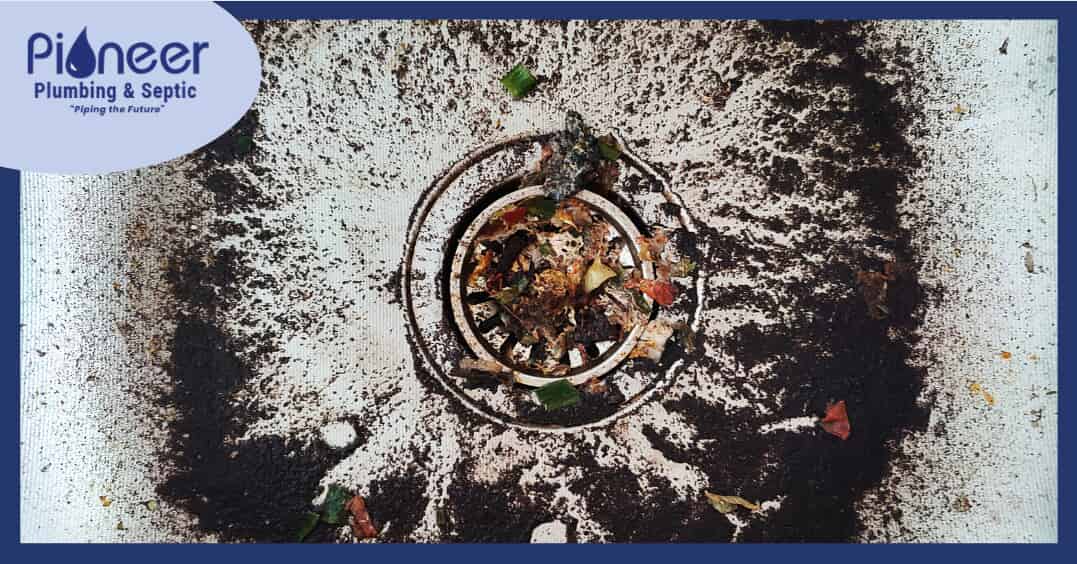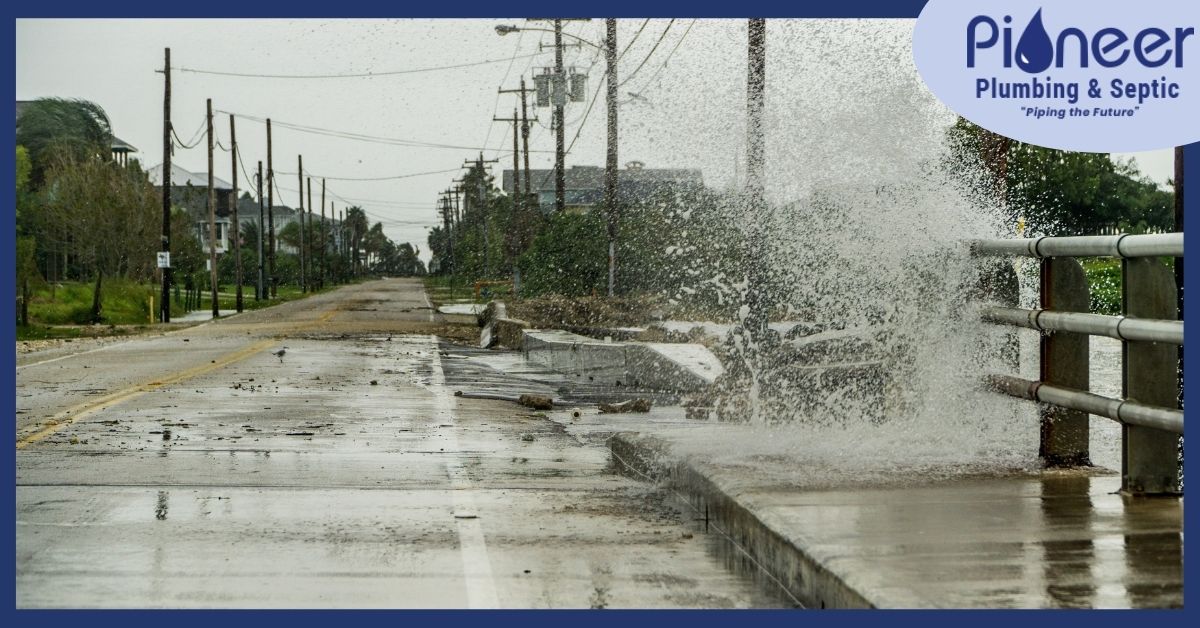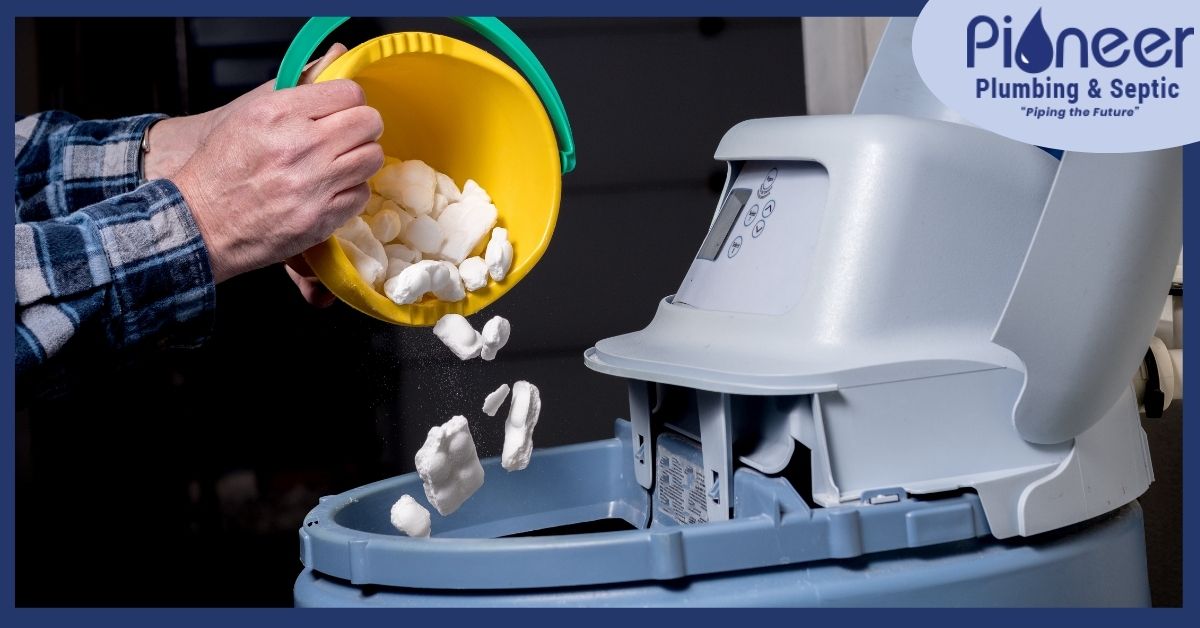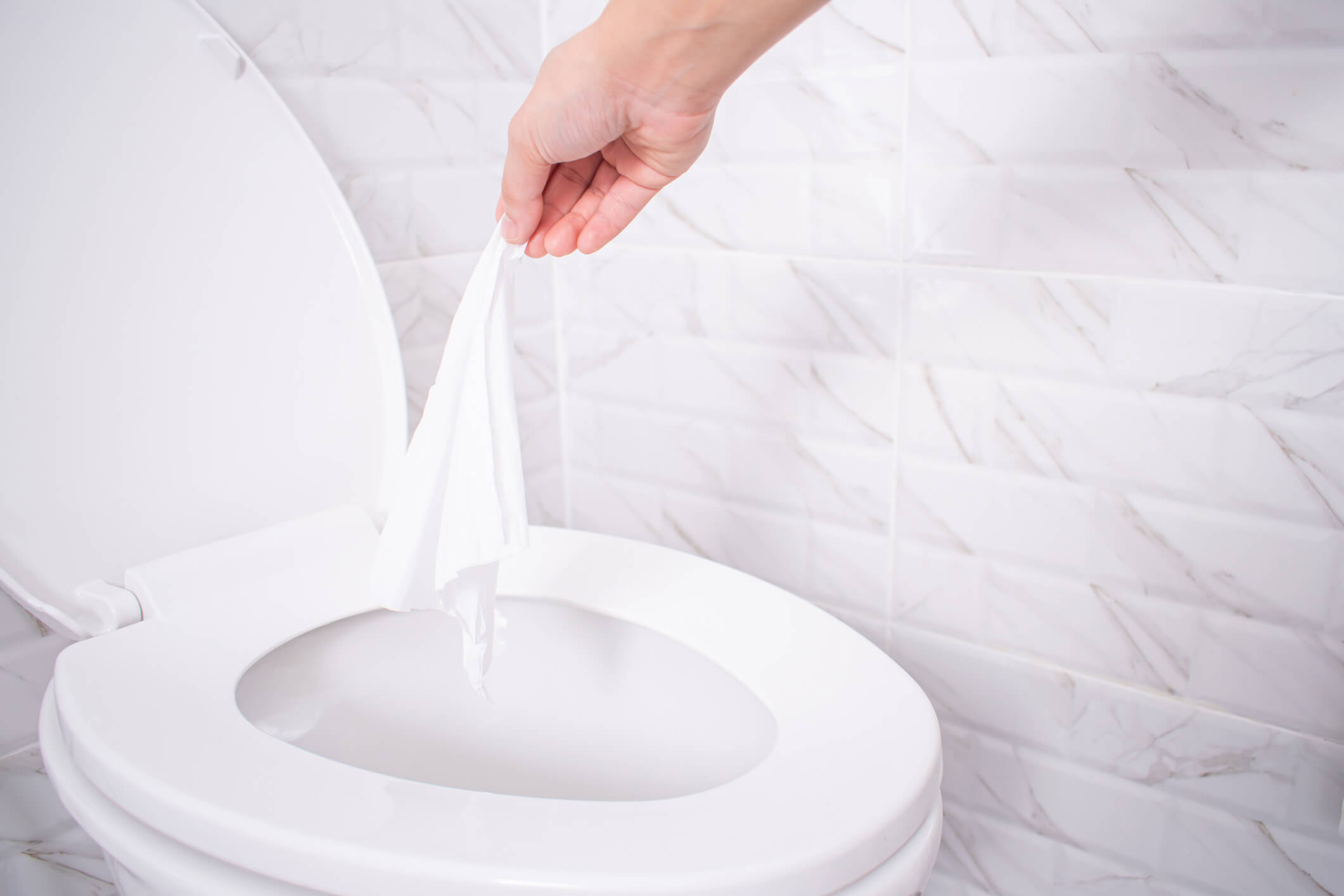How Tankless Water Heaters Can Help Households Go Green
Homeowners are often looking for ways to save energy and money whenever possible. One way to go green is to install a tankless water heater when it’s time for a water heater replacement. This energy-efficient water heating system has many advantages over its tanked counterparts. This post will discuss signs to replace a water heater, what makes tankless water heaters different, and the benefits they offer.
Signs a Water Heater Replacement Is Needed

- The absence of hot water.
- The water heater needs frequent repairs.
- The water heater is corroded or shows signs of corrosion, like discolored water from fixtures.
- There are leaks.
- Loud noises from the unit.
- The unit is nearing the end of its life expectancy, which is around 10-15 years for a traditional storage water heater.
Tankless Water Heaters Explained
When it comes to water heating, tankless water heaters and traditional storage water heaters both heat water. However, they do it differently. Traditional water heaters heat an entire tank of water and must keep it hot for when it’s needed. Then, when the tank empties, the household won’t have access to hot water until the tank is replenished.
Tankless water heaters, on the other hand, heat water on demand only when it’s needed, making them more energy efficient. Because they heat water quickly when needed, they also don’t require a large storage tank, and their hot water supply isn’t limited to a tank’s capacity like a storage water heater.
Advantages of Installing a Tankless Water Heater

- They are more energy efficient.
- The efficiency leads to lower water heating costs.
- They have a longer life expectancy, over 20 years, compared to 10-15 years.
- They are smaller and take up less space.
- It can deliver a constant supply of hot water rather than be limited by how much a tank can hold.
About Pioneer Plumbing & Septic
Pioneer Plumbing & Septic has been serving Houston and the surrounding areas for more than a decade. They provide straightforward pricing, same-day services, and quality craftsmanship. Call them for tankless water heater installation and repair services in Houston, TX.

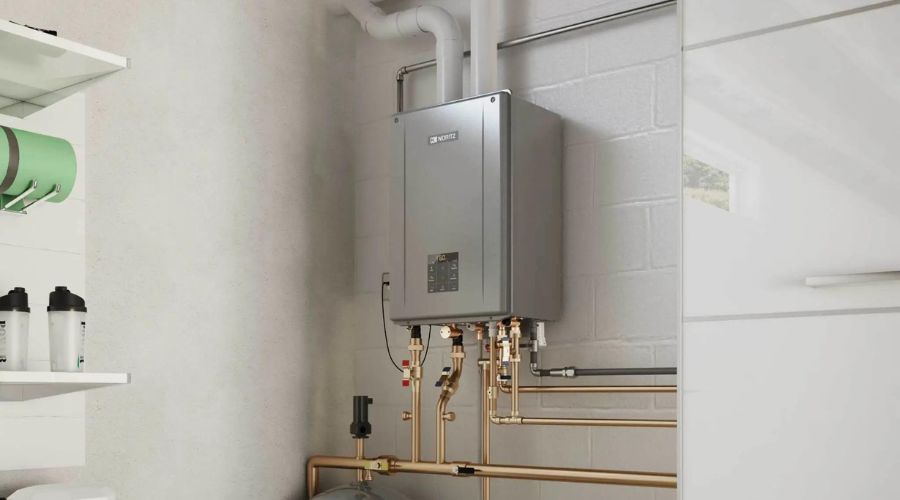
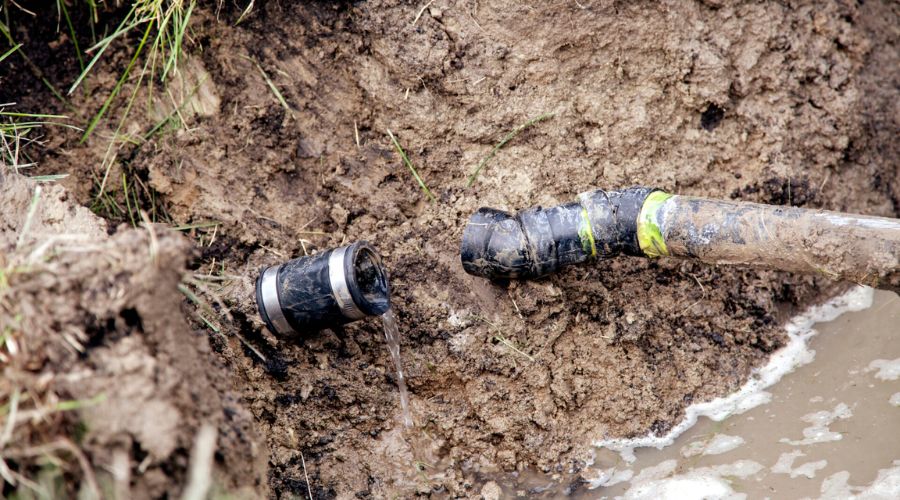
 Some of the first signs homeowners might notice when they have a sewer line issue is slow draining or frequent
Some of the first signs homeowners might notice when they have a sewer line issue is slow draining or frequent  Another common sign of broken or leaking sewer lines is patches of grass outside the home that look more lush and grow faster than the surrounding grass, soggy areas, and puddles in the yard without explanation. While property owners are focused on looking for signs inside their houses, this can be an easy-to-detect sign in the yard indicating sewer line replacement or repair may be needed.
Another common sign of broken or leaking sewer lines is patches of grass outside the home that look more lush and grow faster than the surrounding grass, soggy areas, and puddles in the yard without explanation. While property owners are focused on looking for signs inside their houses, this can be an easy-to-detect sign in the yard indicating sewer line replacement or repair may be needed. 
 When a household experiences a backed-up toilet, it can be due to various problems. Plumbers typically start by inspecting the sewer line and looking for the reason for the backup. One of the most frequent causes of backed-up toilets is
When a household experiences a backed-up toilet, it can be due to various problems. Plumbers typically start by inspecting the sewer line and looking for the reason for the backup. One of the most frequent causes of backed-up toilets is  Backed-up toilets need to be repaired by experienced professionals, as they can find and fix the underlying problem to prevent another backup. Plumbers can use numerous specialized tools and methods to repair the problem. Initially, plumbers may perform a sewer video inspection to identify and locate the clog or defect and determine the severity. That will influence the type of repair methods they use.
Backed-up toilets need to be repaired by experienced professionals, as they can find and fix the underlying problem to prevent another backup. Plumbers can use numerous specialized tools and methods to repair the problem. Initially, plumbers may perform a sewer video inspection to identify and locate the clog or defect and determine the severity. That will influence the type of repair methods they use. 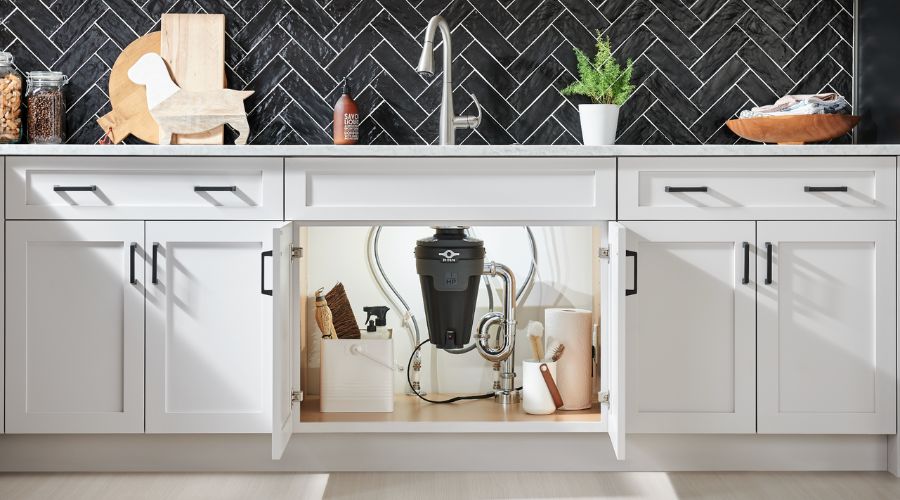
 An easy task to help
An easy task to help  When it comes time for garbage disposal repair, installation, or replacement, they should be performed by plumbers. Plumbers can safely and accurately install and fix garbage disposals. Meanwhile, homeowners can put themselves at risk attempting these services and can make an error that can lead to leaks and other problems. Some signs of garbage disposal problems include:
When it comes time for garbage disposal repair, installation, or replacement, they should be performed by plumbers. Plumbers can safely and accurately install and fix garbage disposals. Meanwhile, homeowners can put themselves at risk attempting these services and can make an error that can lead to leaks and other problems. Some signs of garbage disposal problems include: